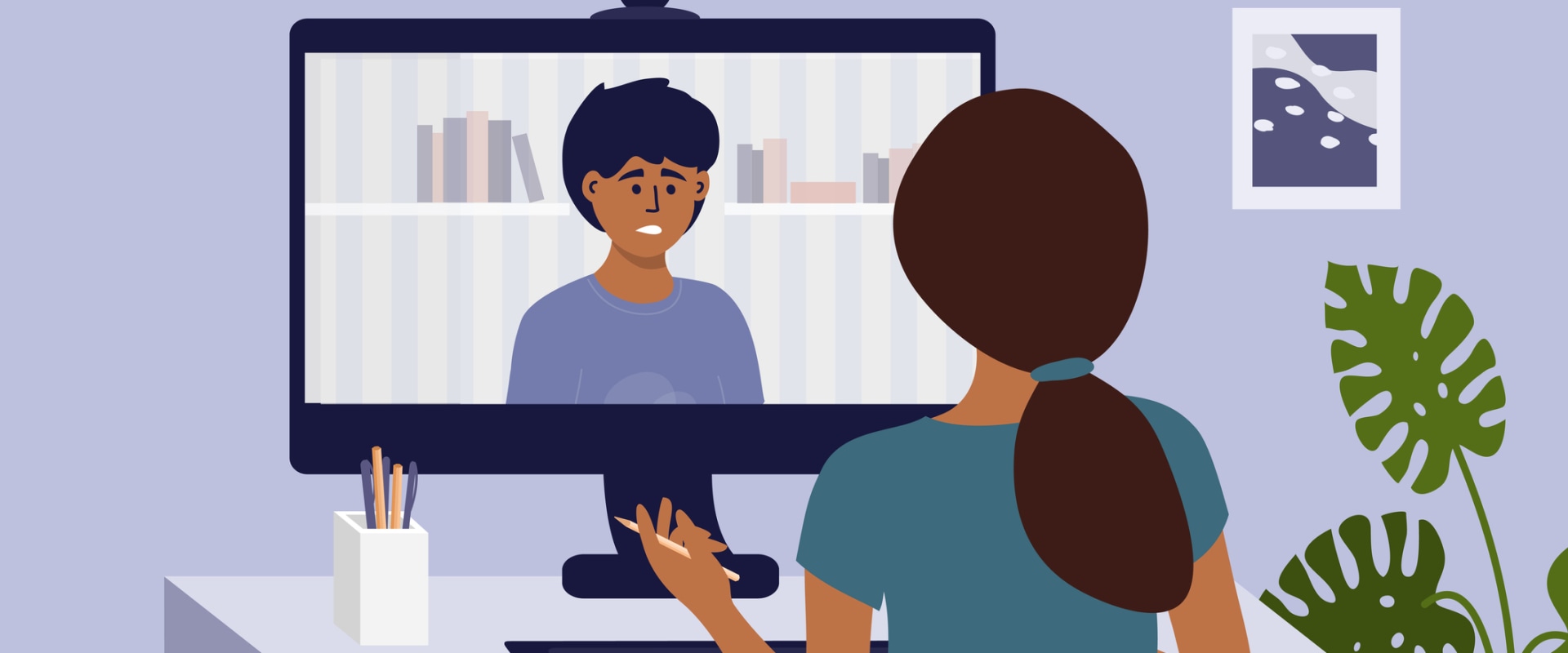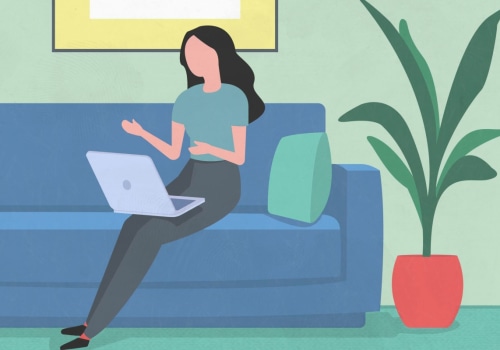Unlike face-to-face therapy, online therapy.
online therapy
refers to psychotherapy or counseling services performed over the Internet. Unlike face-to-face therapy, online therapy allows you to connect with a licensed therapist or counselor using any device that has an Internet connection, such as a computer, tablet, or smartphone. Psychologists commonly refer to any therapy provided by telecommunication tools or devices such as telepsychology.You may hear her call web therapy, phone therapy, text therapy, or online therapy. Every time you interact with a psychologist through a website, phone or mobile application, you can participate in telepsychology services. Online therapy allows you to set the time, place and initial direction of the therapeutic relationship. It's a freedom that puts you, the customer looking for mental health solutions, first.
Online therapy can be a solution for patients living in remote areas. They don't have to travel long distances (or lose a whole day) every time they have a session. It is also ideal for those with a physical condition that limits mobility or who do not have adequate transport. It's understandable that many of us experience increased mental or emotional strain brought on by the uncertainty of the COVID-19 pandemic, so seeking mental health support is a smart choice.
Whether you want to migrate your therapy sessions to an online platform or start therapy for the first time, online therapy can help you find comfort and strength. Online therapy can serve as a powerful support system, especially during periods of acute stress. Although the transition to online therapy may be uncomfortable at first, one of the experienced mental health professionals in the DC Therapy Group can help you feel less alone and learn to cope with the new and disturbing circumstances of the COVID-19 pandemic. In addition to supplementing doctors' incomes with new patients, offering online therapy can help them maintain a better work-life balance, says Henderson.
But more and more of us have seen the benefits of online therapy lately, especially due to COVID. Research, trust yourself and ask the right questions for yourself before choosing an online therapy service. To ensure that you are assigned the right therapist, online therapy providers such as Talkspace request the assistance of Consultation Therapists (CT) to guide you through the initial therapist matching phase. We offer one-on-one and online group therapy sessions where you can connect with people who understand everything that is going on.
Online therapy allows you to practice social distancing, protecting your physical health without sacrificing or limiting your mental health care. People who are unable to leave home for various reasons, such as physical or mental illness, may find online therapy as a useful alternative to traditional face-to-face psychotherapy settings. Since the pandemic began in March, acceptance of online therapy as a viable care option has grown exponentially. Many studies have found that online CBT is at least as effective as in-person therapy for a variety of mental health problems, including anxiety, depression, and panic disorders.
Online therapy removes geographical restrictions, making it difficult to enforce legal and ethical codes. In addition, relaxed regulations under the Health Insurance Portability and Accountability Act (HIPAA) and insurance companies have expanded patient access to online therapy, allowing new and current patients to meet with healthcare providers through online platforms If you have reliable access to the Internet, online therapy gives you relatively quick and easy access to a treatment that would otherwise not have been available to you. Hosted by editor-in-chief and therapist Amy Morin, LCSW, this episode of The Verywell Mind Podcast shares the pros and cons of online therapy. .












